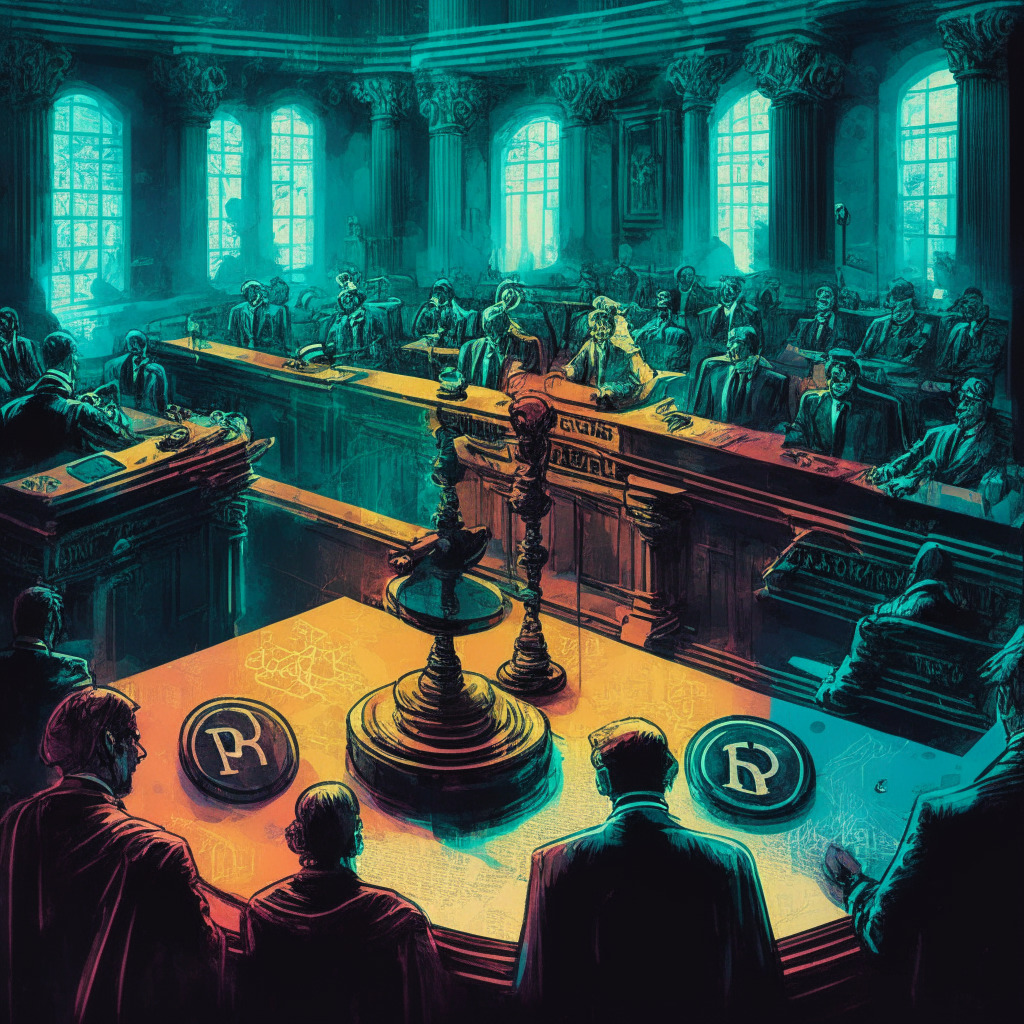The legal tussle between the U.S. Securities and Exchange Commission (SEC) and Ripple shows no signs of abating as the long-awaited summary judgment remains elusive. This delay has left the crypto community anxiously seeking clarity around digital asset regulations.
Contrary to retired securities lawyer Marc Fagel’s assertion that a summary judgment in a federal district court averages six months, the XRP lawsuit has crossed the seven-month mark and the outcome is still pending. Attorney John Deaton, who represents XRP holders in the case, claims that if federal district courts really only took one to three months for summary motions, there would not be a six-month rule in place.
There are factors that support both positive and negative outcomes in ongoing lawsuits. Neil Hartner, a senior staff software engineer at Ripple, pointed out that comparisons were drawn between the Ripple lawsuit and the US SEC Vs LBRY case, with the latter experiencing long delays in announcing a verdict. While some saw this as a positive development for the defendant, the judge eventually ruled in favor of the US SEC, taking over four months to file a summary judgment.
Deaton highlights the differences between Ripple and LBRY lawsuits, explaining that the filings in Ripple’s case are ten times more than those in the LBRY case. Additionally, LBRY’s counsel asserts that prongs one and two of the Howey test were met, while prong three remains contentious due to its two-part structure.
This situation underscores the significance of the XRP lawsuit, as it challenges the common enterprise issue. The question of consumptive intent remains live, with Ripple assets categorized as non-investment and therefore not meeting even the first factor of the Howey test.
As the legal battle continues, participants in the wider crypto industry must be mindful of staying updated on regulatory developments. This will ensure informed investment decisions and mitigate potential financial losses. Remember, the perspectives shared in this article relate to the author’s personal views and are subject to ongoing market fluctuations. Adequate market research is crucial before undertaking any investments in cryptocurrency. The responsibility for personal financial loss lies with the individual.
Source: Coingape




